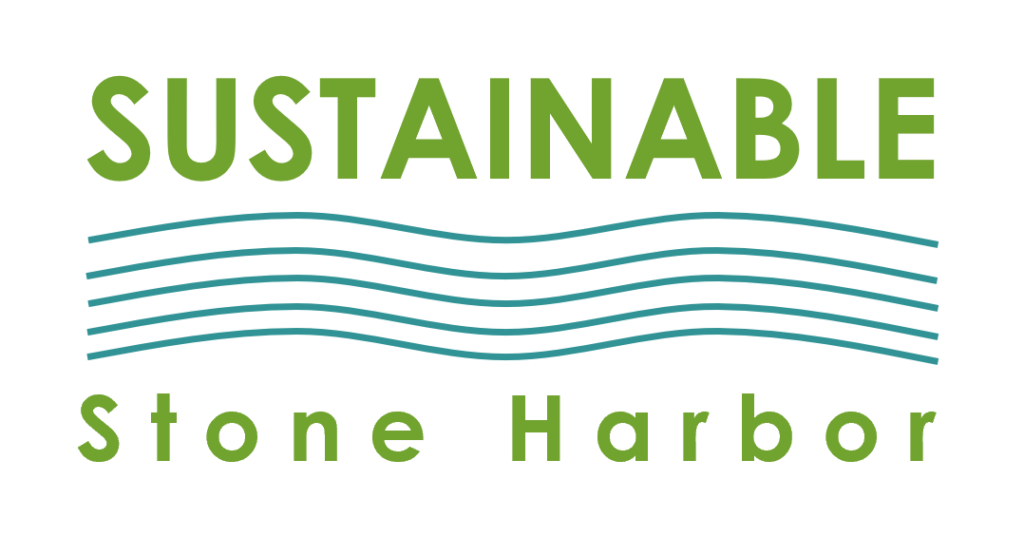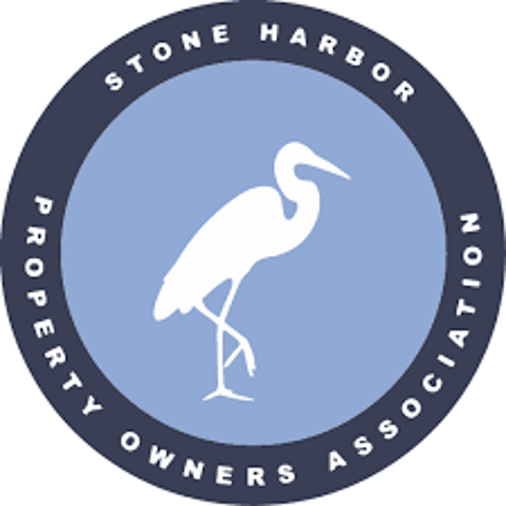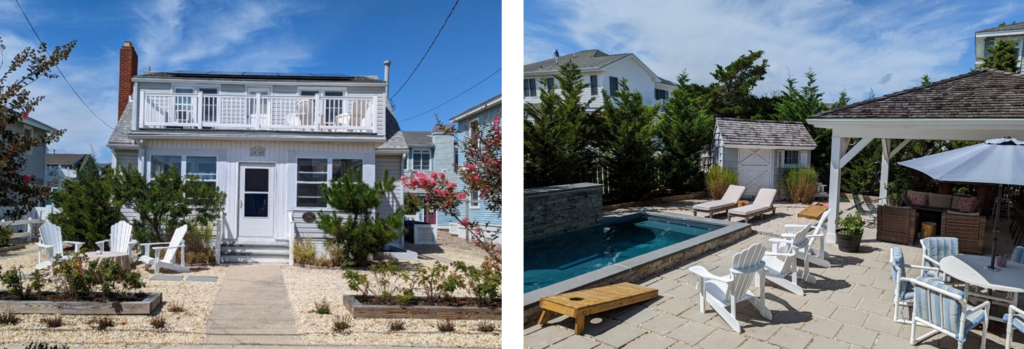
Welcome to Sustainable Stone Harbor. We are committed to advancing environmental awareness and stewardship to preserve the beauty of Seven Mile Island in southern New Jersey.
Leadership by example comes in many forms and showcasing ecofriendly homes is one way to educate, inspire and encourage positive change. Over the summer of 2022, we held our first event, and we are pleased to have our 2nd Annual Event in 2023.
EVENT INFORMATION:
When: Saturday July 29th 4 – 6:30
pm
Where: 10305 1st Ave, Stone Harbor
What: Join us for afternoon drinks and treats while learning about one of the most ecofriendly homes on 7 Mile Island. Owner Charlie Szoradi is a trained architect from UVA Undergraduate with his Masters from UPenn in Eco Humanism. The solar powered home includes rainwater collection, an edible garden and many upgrades to the original Vintage 1954 structure.
Learn more about the ecofriendly beach house here: https://www.oasisstoneharbor.com/
Event Cost: $0. No cost thanks to our sponsor
this year, Main Line Nature Guides
RSVP: Please email or text Charlie Szoradi:
Cell 610-551-5224
2023 Event Sponsor
Main Line Nature Guides offers guided nature experiences including hiking, kayaking, sea glass collecting and nature therapy experiences at the Stone Harbor Bird Sanctuary, Back Bay, and The Point. Learn more at www.MainLineNatureGuides.com

SHPOA
This property is a member of SHPOA, the nonprofit organization committed to supporting owners and island sustainability. Learn more at www.StoneHarborPOA.org
Click here for the one page printable 8.5″ x 11″ invitation to the Sustainable Stone Harbor 2nd Annual Event
Watch this video tour for eco-highlights, before the swimming pool was put in over the summer of 2022:
For additional information and updates on the house with the swimming pool see the videos on the Home page of this OASIS website:
Sustainability Highlights of 10305 1st Ave, Stone Harbor, NJ
This renovated house now approaches net zero energy consumption and emissions.
Renovate vs Rebuild: One of the key sustainability advantages of this 1954 vintage house is that it has been upgraded rather than torn down. Many older homes on Seven Mile Island have been rebuilt with much larger homes. Approximately 20% of landfills are construction debris, so saving a house is more ecofriendly than tearing it down.
Some highlights that the owner, Charlie Szoradi, has undertaken since 2018:
1: Solar power on the roof + Electric Vehicle (EV) charging to power cars directly from the sun + energy saving LED lights.
2: Outdoor pavilion for dining and family room seating. This was a key means to convert the disadvantage of a small older house into the advantage for outdoor living. + outdoor recreation with a “private beach” for lounging + cornhole and swimming.
3: Conversion of the shed from storage for surfboards and bikes into a “guest cottage”. This is another example of converting an old structure into what is now the equivalent of a fifth bedroom, enhanced with Wi-Fi, air conditioning and a Smart TV.
4: Bike paddock with bike racks made from salvage material from the neighbors’ construction dumpsters. Biking is fast, easy, fun, and sustainable transportation.
5: Rainwater collection from rain barrels.
6: Edible garden that includes rugosa roses to use the rose hips for making jam, beach plums, blueberries, garlic, and catmint for salads and tea.
7. Efficient Air Conditioning Mini-split systems and ceiling fans.
8. Cross Ventilation with windows and interior slat shading systems + natural light and ventilation at the outdoor shower with the cupola design.
9. Passive solar enclosed front porch with screens for drafting to reduce heat gain in the living room.
10. Drought tolerant plants like the perimeter Leyland Cypress trees that create an emerald frame around the backyard for privacy and wind reduction.
The water energy food security nexus is an increasingly important concern relative to climate change. This home hopefully serves as an example for others to start rethinking sustainability at the shore and at their full-time residences across America.

